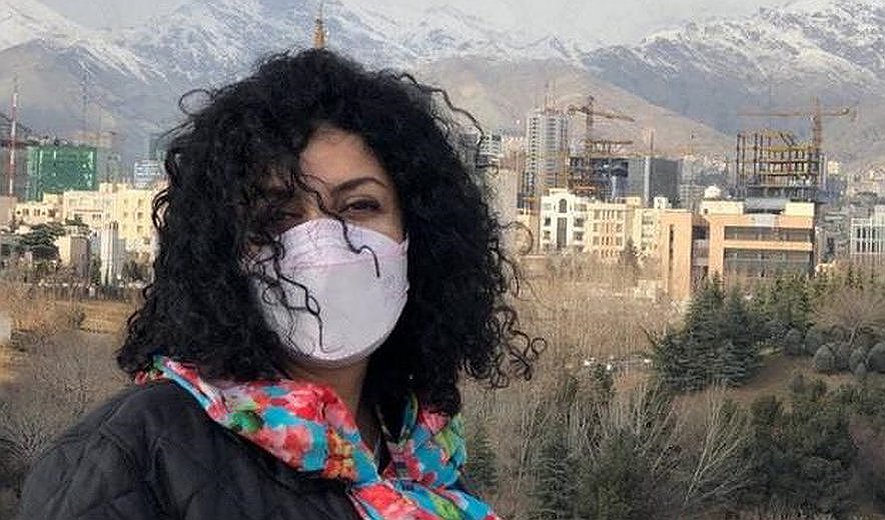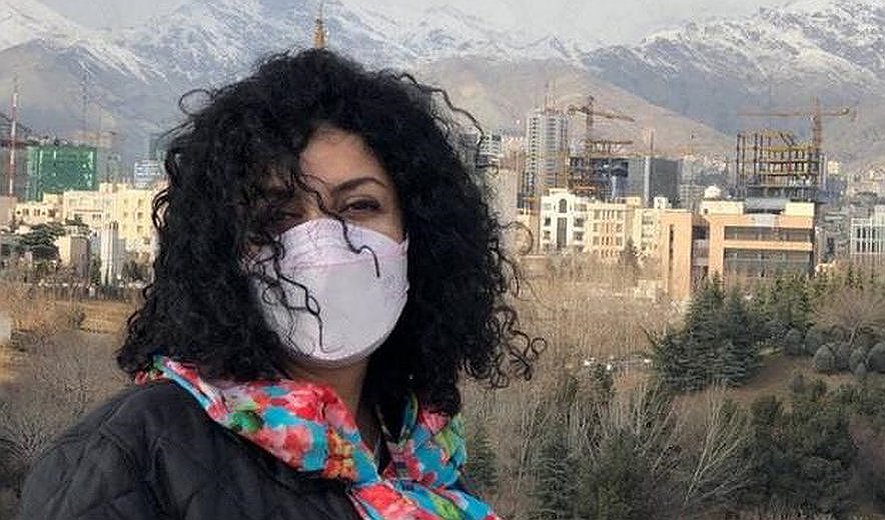Narges Mohammadi Denied Contact with Family and Lawyer 17 Days into Solitary Confinement

Iran Human Rights (IHRNGO); December 3, 2021: Prominent human rights defender, Narges Mohammadi who was arrested on November 16 has so far been denied phone calls to her family or access to her lawyer. She was arrested at the memorial service of Ebrahim Ketabdar who was killed during the November 2019 nationwide protests.
According to information obtained by Iran Human Rights, Narges Mohammadi continues to be held in solitary confinement 17 days after her arrest and denied phone calls to her family or access to her lawyer.
Her husband, Taghi Rahmani tweeted: “Where is Narges Mohammadi? We still don’t know what condition Narges is in, why? The children can’t hear Narges’ voice again.”
نرگس(محمدی) کجا است؟
— TAGHI RAHMANI (@RahmaniTaghi) December 2, 2021
بی خبری ما از وضع نرگس ادامه دارد چرا؟باز بچه ها صدای نرگس را نمی شنوند.
انفرادی شکنجه است،اما نرگس و نرگس ها در انفرادی اند.#نرگس_محمدی https://t.co/EFw1Sg5XiJ
A day after her arrest, in a brief phone call to her family, Narges said she was informed in solitary confinement that her 30 month imprisonment and 80 lashes sentence were being enforced.
The new charges were brought while she was still serving her previous sentence and relate to her protest against the bloody crackdown against the November 2019 nationwide protests and letters published from prison.
Narges Mohammadi is a human rights and anti-death penalty activist, journalist, former deputy director of the Defenders of Human Rights Centre (DHRC) and member of Legam, the ‘step by step to stop the death penalty’ campaign. She was last arrested on 5 May 2015 and served her sentences in Evin and Zanjan prisons before being released on 8 October 2020.
The UN Standard Minimum Rules for the Treatment of Prisoners (the Nelson Mandela Rules) limits the period of solitary confinement to a maximum of 15 consecutive days, prohibiting solitary confinement for indefinite terms and stipulates that it may only be imposed by a competent authority in accordance with the principles of fairness and due process and must be subject to independent review.


